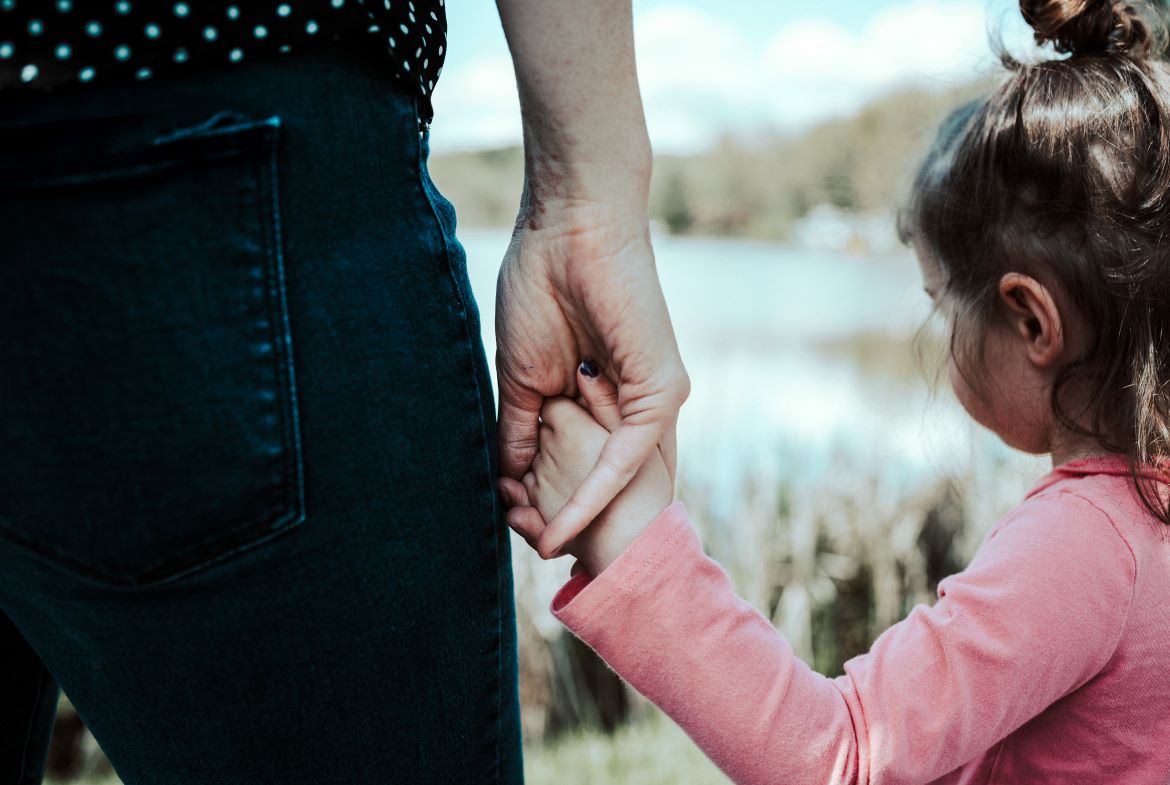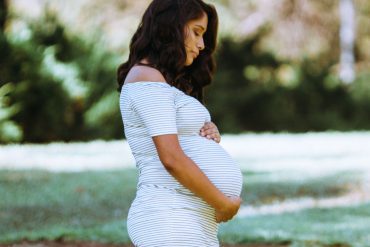- 8 out of 10 parents say their children are impacted by at least one physical or mental health related issue
- More than half (54%) of all parents worry about children’s mental health (up from 50% in 2021)
- 63% think their kids are more aware than they were of big picture issues like the environment, mental health and gender diversity.
Leading health insurer, nib New Zealand (nib), has released further findings from its fourth annual State of the Nation Parenting Survey, revealing parents’ concerns for their children’s health and future.
The survey, which nib conducts annually with global research company One Picture, canvassed the views of 1,226 parents, step-parents and guardians of children under 18 from around the country.[1]
The 2022 survey shows that parents worry about their kids’ health and wellbeing and whether they are doing a good job as parents.
Mental and physical health takes a hit
The nib survey found that 80% of parents say their children are impacted by at least one physical or mental health concern.
The key health issues troubling parents include sleep (33%), behavioural problems (28%) and viral infections (26%), which have an impact on almost 1 in 3 children. Almost a quarter of all parents who took part in the survey worry that their children are eating properly and exercising enough (24%), and just slightly fewer (23%) say they worry about their children’s mental health, especially children from intermediate school age.
The survey also revealed kids are bouncing back from the challenges of COVID lockdowns and learning to adjust to a “new normal”. Compared to 2021, fewer parents say their children struggle with regulating their emotions (26%, down from 32%).
nib New Zealand Chief Executive Officer, Rob Hennin, said support exists to help parents who are worried about the health of their children.
“It’s confronting to see parents so concerned,” Mr Hennin said. “But it’s also great to see kids bouncing back after the pandemic, which shows a lot of resilience among our young people.”
More awareness among children
Despite concerns, more than half (59%) of parents who responded to the survey feel equipped to prepare their child for the future. They’re confident they can support their child to learn the physical (62%) and mental skills (61%) they need over their lifetime.











